Geronimo (1829-1909) was an Apache leader and medicine man best known for his fearlessness in resisting anyone–Mexican or American—who attempted to remove his people from their tribal lands.
He repeatedly evaded capture and life on a reservation, and during his final escape, a full quarter of the U.S. standing army pursued him and his followers. When Geronimo was captured on September 4, 1886, he was the last Native American leader to formally surrender to the U.S. military. He spent the last 23 years of his life as a prisoner of war.
Geronimo’s Early Life
Geronimo was born in what is today Arizona in the upper Gila River country on June 16, 1829. His birth name was Goyahkla, or "one who yawns." He was part of the Bedonkohe subsection of the Chiricahua tribe of Apaches, a small but mighty group of around 8,000 people. By the time he came of age, the Apaches were at war with Mexicans to the South, the U.S. government to the North and neighboring Comanche and Navajo tribes. He showed early promise as a hunter and led four successful raids on nearby tribes by age 17.
Personal tragedy shaped his lifelong hatred for anyone who attempted to subject him or his people. While he was away on a trading trip in 1851, Mexican soldiers led by Colonel Jose Maria Carrasco attacked his family’s camp. Geronimo’s wife, Alope, their three children and his mother were all murdered.
Wild with grief, Geronimo burned his family’s belonging according to Apache tradition before heading into the forest, where he claimed he heard a voice that told him: "No gun will ever kill you. I will take the bullets from the guns … and I will guide your arrows." He soon hunted down his family’s killers and devoted his life to avenging them.
What Does the Name ‘Geronimo!’ Mean?
The source of the name “Geronimo” is disputed. The young Goyahkla earned the nickname while leading Apache raids. Some historians believe its origins are the cries of frightened Mexican soldiers calling out the name of the Catholic St. Jerome when they faced Geronimo in battle. Others believe it is simply a mispronunciation of “Goyahkla.”
Whatever the origin of the name “Geronimo,” it took on new life long after the leader’s death: During World War II, paratroopers yelled “Geronimo!” before jumping out of planes, a reference to his bravery.
Geronimo Resists Reservations
American Westward expansion brought new woes—and foes—to the Apache. With the 1848 signing of the Treaty of Guadalupe Hidalgo, the Mexican-American War came to an end. Mexico ceded much of what is now the American Southwest to the United States, including land the Apaches had called home for centuries. The Gadsden Purchase in 1854 gave the U.S. even more land in today’s Arizona and southwestern New Mexico.
In 1872, the U.S. government created a reservation for the Chiricahua Apaches that included at least a portion of their homeland, but they were soon evicted and forced to join other Apache groups on the San Carlos Reservation in Arizona.
Geronimo Surrenders
On May 17, 1885, Geronimo, then 55, led 135 Apache followers in a daring escape from the reservation. To avoid capture by the American cavalry and Apache scouts, he often pushed the men, women and children in his group to travel as far as 70 miles per day. While on the loose, Geronimo and his band raided both Mexican and American settlements, sometimes killing civilians.
In March of 1886, General George Crook forced Geronimo to surrender, but at the last minute, Geronimo and 40 followers escaped under cover of darkness. Five thousand U.S. soldiers—nearly a quarter of the standing army—and 3,000 Mexicans pursued the escapees. They held out for five months before Geronimo turned himself in to General Nelson Miles at Skeleton Canyon, Arizona on September 4, 1886.
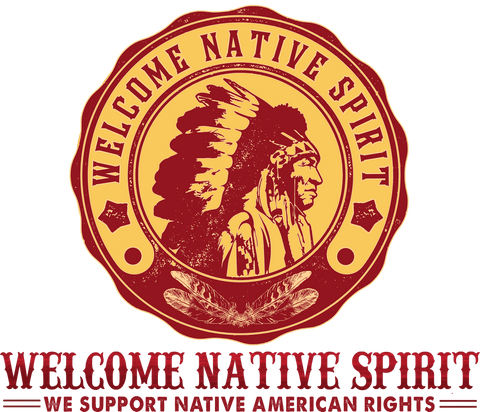

![[Two Sides] No One Is Illegal On Stolen Land. We Walk On Native Land - Two Sides Unisex T-shirt/Hoodie/Sweatshirt](http://welcomenativespirit.com/cdn/shop/files/il_794xN.6684841969_tbob_533x.jpg?v=1768526723)
![[Two Sides] No One Is Illegal On Stolen Land. We Walk On Native Land - Two Sides Unisex T-shirt/Hoodie/Sweatshirt](http://welcomenativespirit.com/cdn/shop/files/Mockup3_533x.jpg?v=1768526723)
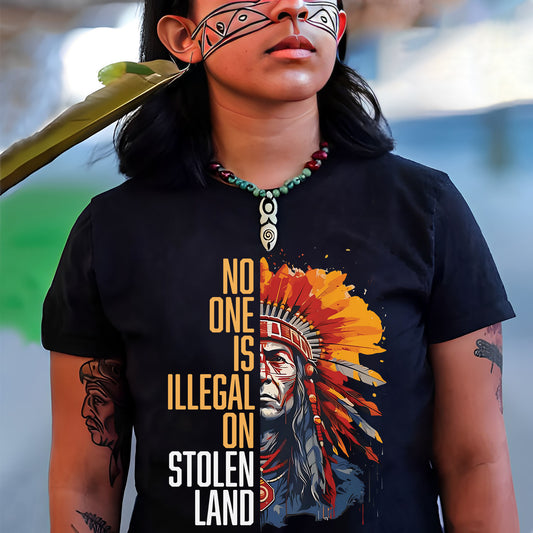

![[Two Sides] No One Is Illegal On Stolen Land. We Walk On Native Land Style 2 - Two Sides Unisex T-shirt/T-shirt V-Neck/Hoodie/Sweatshirt](http://welcomenativespirit.com/cdn/shop/files/6_2_533x.jpg?v=1741146815)
![[Two Sides] No One Is Illegal On Stolen Land. We Walk On Native Land Style 2 - Two Sides Unisex T-shirt/T-shirt V-Neck/Hoodie/Sweatshirt](http://welcomenativespirit.com/cdn/shop/files/16_f80c6325-e0fb-4531-9139-416ef6578037_533x.jpg?v=1741146782)
![[Two Sides] Trail of Tears The Deadly Journey Unisex T-shirt/T-shirt V-Neck/Hoodie/Sweatshirt](http://welcomenativespirit.com/cdn/shop/files/20_2bae9cf5-c07c-4ea5-a8ea-de74aa71325d_533x.jpg?v=1757466962)
![[Two Sides] Trail of Tears The Deadly Journey Unisex T-shirt/T-shirt V-Neck/Hoodie/Sweatshirt](http://welcomenativespirit.com/cdn/shop/files/gray_-2side_b51af6c7-cea9-4004-90db-cb8d883be04a_533x.png?v=1759742586)
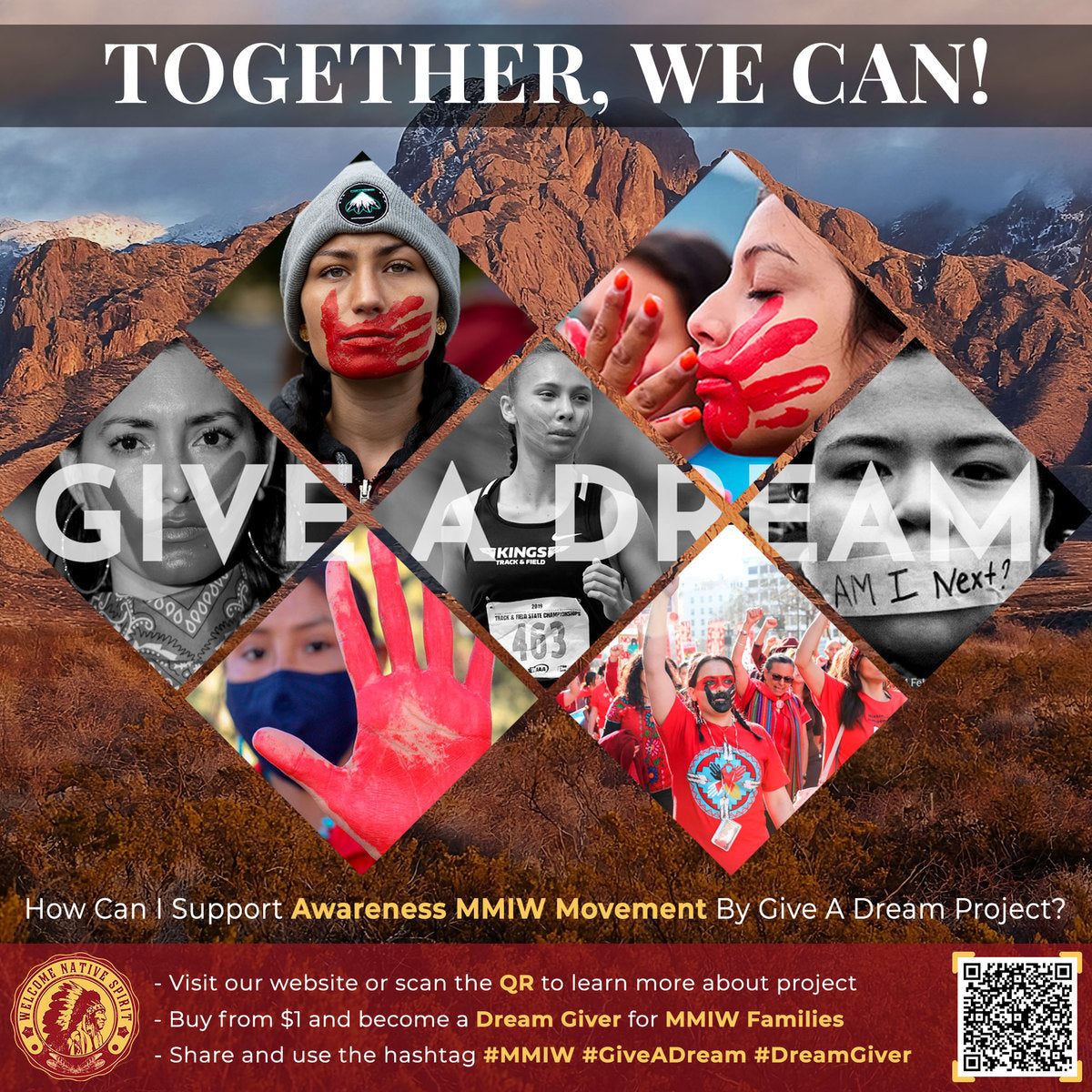

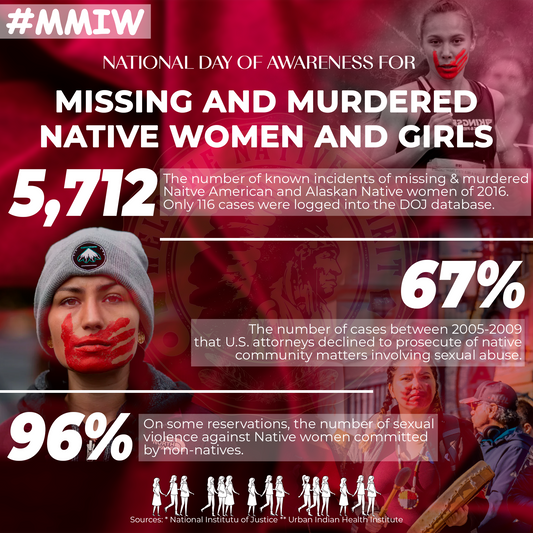

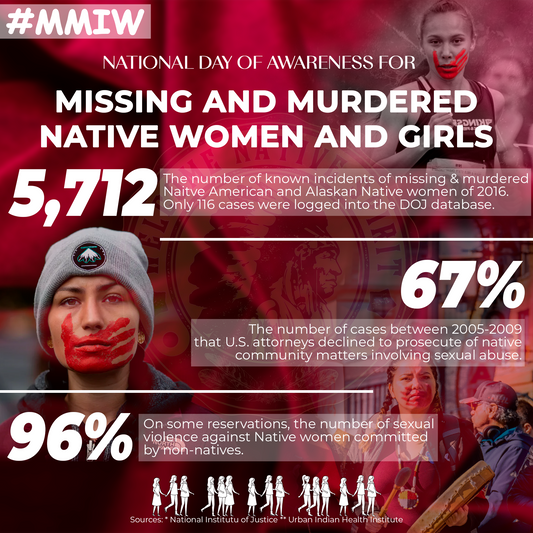
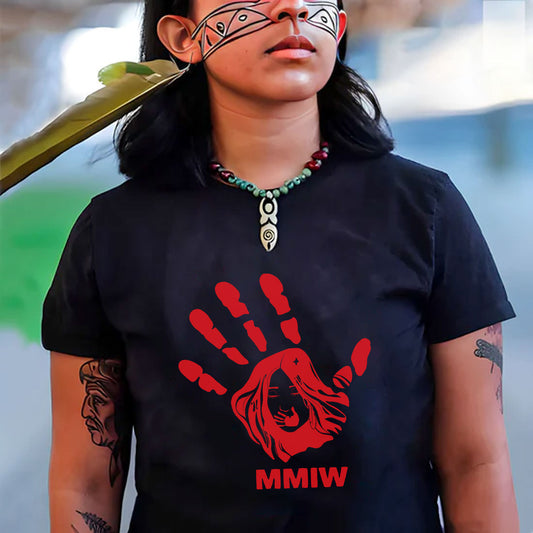
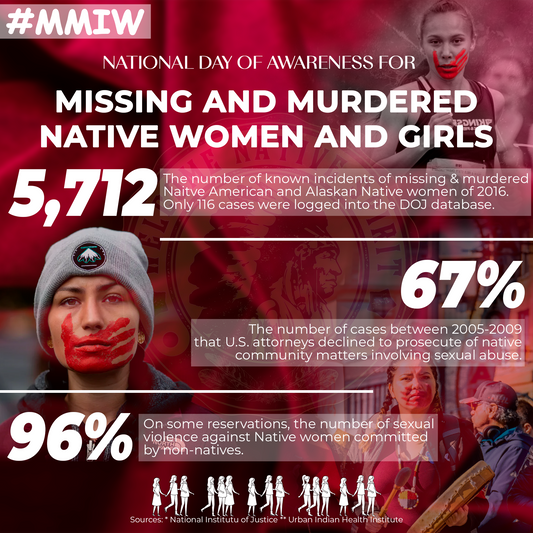




8 Comments
Thank you for this truthful account of history. Something we never learned in school.
Thank you for this history of a great leader!
Amazing warrior
Another example of the ugliness perpetrated on native people.
This National shame unfortunately isn’t limited to USA.
I never knew this history, thank you so much for sharing.